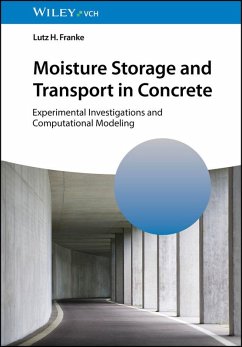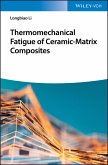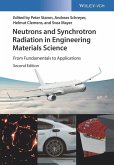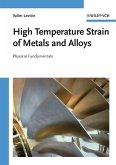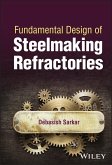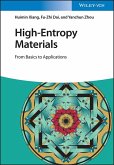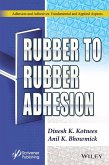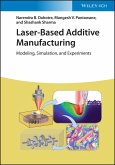Comprehensive insight on moisture transport in cement-based materials by means of experimental investigations and computer simulations
Moisture Storage and Transport in Concrete explores how moisture moves through cementitious materials, focusing on its absorption, storage, and distribution with the help of experimental investigations and computer simulations. The text discusses the different ways moisture moves, such as through vapor or capillary action, as well as how it affects the properties of cement-based materials, offering new insights and models to help understand and predict moisture behavior in these materials, which can be important for construction and maintenance.
After a short introduction to the topic, the text is split into five chapters. Chapter 1 covers surface energetic principles for moisture storage in porous materials. Chapter 2 explores real pore structure and calculation methods for composition parameters. Chapter 3 explains basic equations for the description of moisture transport. Chapter 4 discusses experimental investigation results with regard to the modeling of moisture transport in concrete materials. Chapter 5 showcases modeling of moisture transport, taking into account sorption hysteresis and time-dependent material changes.
Written by a highly qualified author, Moisture Storage and Transport in Concrete also includes discussion on:
Moisture Storage and Transport in Concrete is an essential reference to help researchers and professionals to make informed decisions for the construction of concrete-based infrastructure, enabling them to avoid common issues such as corrosion of reinforcement steel, deterioration of concrete strength, and the growth of mold and mildew.
Moisture Storage and Transport in Concrete explores how moisture moves through cementitious materials, focusing on its absorption, storage, and distribution with the help of experimental investigations and computer simulations. The text discusses the different ways moisture moves, such as through vapor or capillary action, as well as how it affects the properties of cement-based materials, offering new insights and models to help understand and predict moisture behavior in these materials, which can be important for construction and maintenance.
After a short introduction to the topic, the text is split into five chapters. Chapter 1 covers surface energetic principles for moisture storage in porous materials. Chapter 2 explores real pore structure and calculation methods for composition parameters. Chapter 3 explains basic equations for the description of moisture transport. Chapter 4 discusses experimental investigation results with regard to the modeling of moisture transport in concrete materials. Chapter 5 showcases modeling of moisture transport, taking into account sorption hysteresis and time-dependent material changes.
Written by a highly qualified author, Moisture Storage and Transport in Concrete also includes discussion on:
- Dependence of surface energy of water on temperature, on relative humidity of air, and for aqueous salt solutions
- Calculation of the pore size dependent distribution of inner surfaces using the moisture storage function
- Temperature influence on the capillary transport coefficients and differences between capillary pressure and hydraulic external pressure
- Adsorption and desorption isotherms of the CEMI reference material and causes of differences between adsorption and desorption isotherms
- Sorption isotherms and scanning isotherms of hardened cement paste and concrete
- Modeling of vapor transport and drying by evaporation of concrete
Moisture Storage and Transport in Concrete is an essential reference to help researchers and professionals to make informed decisions for the construction of concrete-based infrastructure, enabling them to avoid common issues such as corrosion of reinforcement steel, deterioration of concrete strength, and the growth of mold and mildew.
Dieser Download kann aus rechtlichen Gründen nur mit Rechnungsadresse in D ausgeliefert werden.

